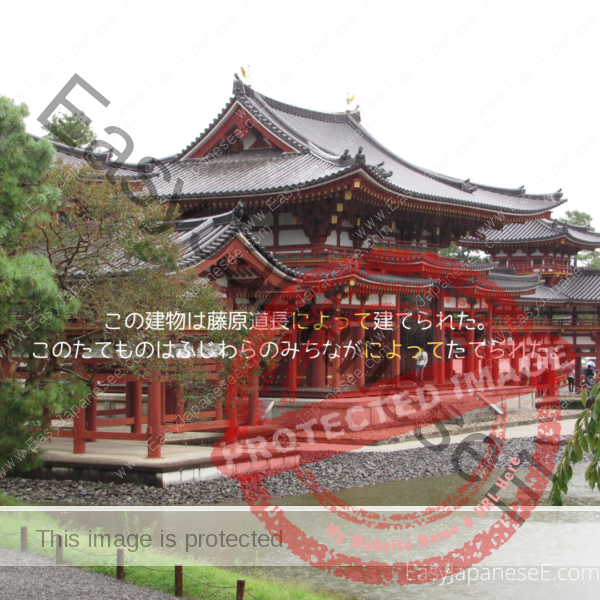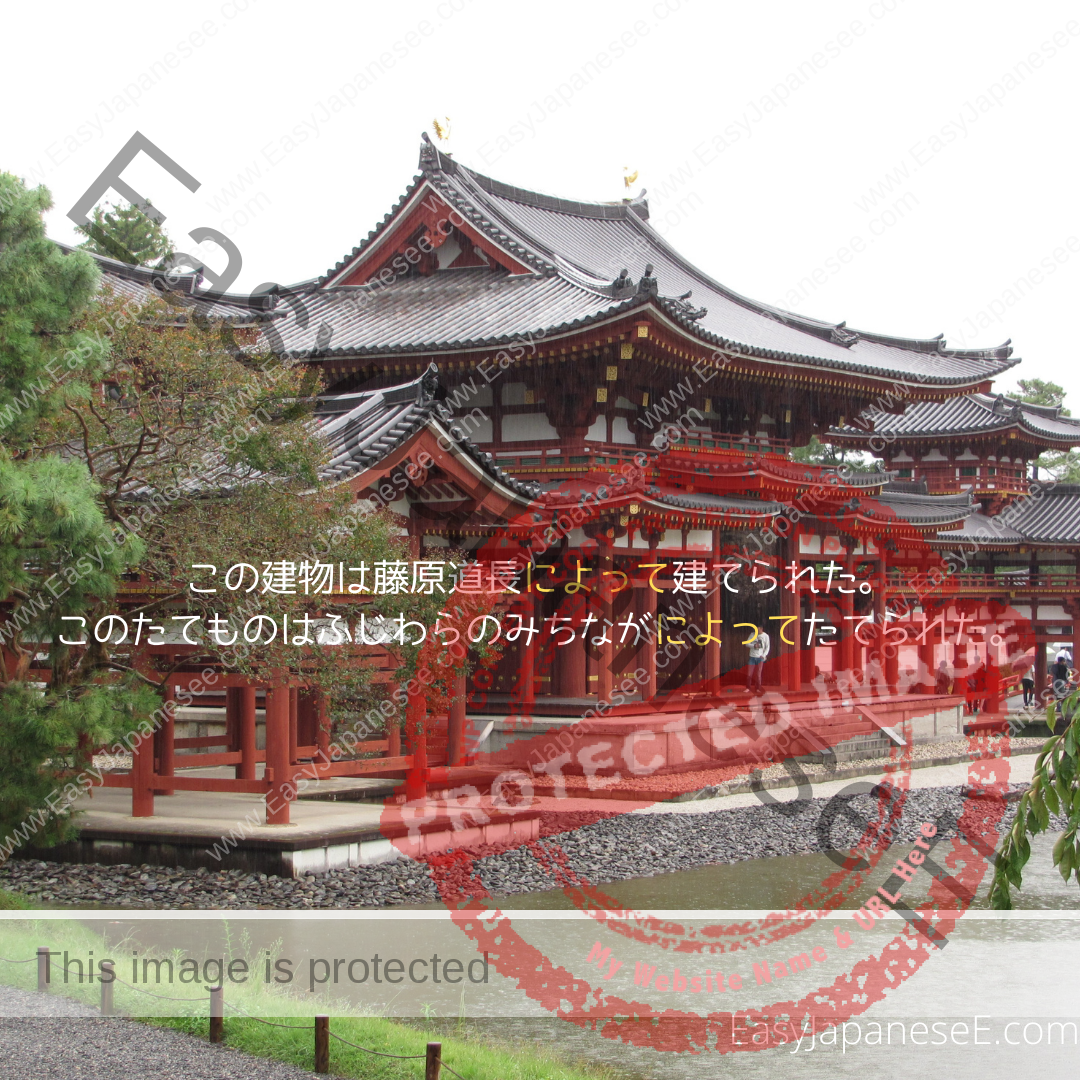
Today’s Grammar Point: ~によって、~により、~によるxxx、~によってのxxx
Today’s grammar point is ~によって、~により、~によるxxx and ~によってのxxx, etc. Although these expressions are usually written in Hiragana, their meanings vary depending on what kanji character you can use for “よ.” They are usually used in one of the following 3 meanings:
- to describe the doer of the action in a passive sentence – in this meaning, we don’t usually use kanji.
- to describe the cause or means – in this meaning the kanji 因 can be used.
- to describe the reason or basis – in this meaning the kanji 拠 can be used.
Connection
- [noun] によって、
- [noun] により、
- [noun 1] による [noun 2]
- [noun 1] によっての [noun 2]
Examples for showing the doer:
この建物は藤原道長によって建てられた。
This building was built by Michinaga Fujiwara.優勝旗は総理大臣により授与されます。
The winning flag will be awarded by the Prime Minister.人民の人民による人民のための政治
government of the people, by the people, for the people
Examples for cause and means:
ジョンさんは日々の努力によって、大きな成功を果たした。
John has achieved great success through his daily efforts.この病気はウイルスへの感染によって発生します。
The disease is caused by an infection with a virus.いただいたお金により、このコンピューターを買いました。
I bought this computer with the money I received.テレビやインターネットによって情報を得る人が多い。
Many people get information through TV and the Internet.言葉によるコミュニケーションが大切だ。
Verbal communication is important.インターネットによっての情報は間違っていることがある。
Information on the Internet can be incorrect.
Examples for basis
習慣は国によって異なっています。
Customs vary from country to country.条件によっては、お引き受けできません。
Depending on the conditions, we cannot accept it.未成年者の飲酒は法律により禁止されています。
Underage drinking is prohibited by law.慣例による措置で明日は学校が休みだ。
School will be closed tomorrow due to customary measures.材料の違いによっての味の違いが明らかだ。
The difference in taste depending on the ingredients is clear.
If you liked this article, please share it with your friends using the social media buttons below. Also, your clicks on ads on this page help covering the cost of running this website. Your support will be much appreciated.

